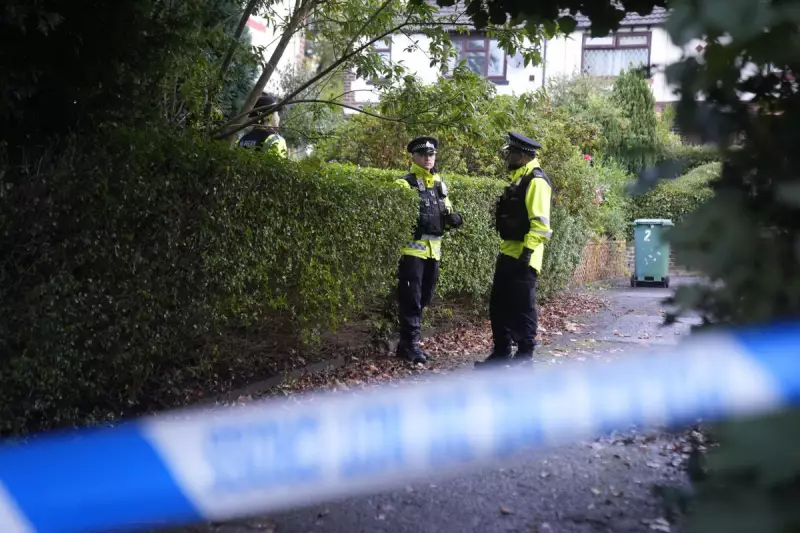
New research has revealed a startling demographic shift in the heart of Manchester, where one particular street has earned the unexpected title of England's 'least English' neighbourhood.
According to recent census data analysis, just 1.9% of residents in this central Manchester area identify as English - meaning only approximately one in every fifty people living there describes themselves as English.
The Numbers Behind the Headline
The findings emerged from detailed examination of 2021 census data, focusing on how people across England and Wales choose to identify their national identity. While many might assume central London neighbourhoods would dominate such rankings, this Manchester street has taken the surprising top position.
Broadcaster and journalist Nick Ferrari highlighted these remarkable statistics during a recent LBC radio segment, noting how they reflect Britain's evolving cultural landscape.
What This Reveals About Modern Britain
This demographic picture tells a broader story about contemporary British identity and the changing face of urban centres. Manchester has long been recognised as one of Britain's most diverse and internationally connected cities, but these figures put that diversity into sharp perspective.
The data suggests that traditional notions of English identity are being redefined in Britain's major cities, with residents increasingly identifying with broader British identity or their specific cultural heritage.
Manchester's Multicultural Character
Manchester's reputation as a welcoming, cosmopolitan city is well-established, from its thriving international student population to its diverse culinary scene and cultural festivals. These census figures provide statistical backing for what many residents already experience daily - a city where multiple cultures coexist and interact.
The transformation of urban centres like Manchester reflects broader demographic trends across Britain, where global connections and international migration patterns have reshaped community composition over recent decades.
Beyond the Headlines
While the 'least English' label might attract attention, demographers caution against simplistic interpretations. National identity is complex and personal, with many residents of diverse backgrounds considering themselves both English and something else, or preferring broader British identity.
The research underscores how Britain's largest cities have become melting pots of global cultures, creating vibrant, multicultural communities that challenge traditional demographic expectations.





